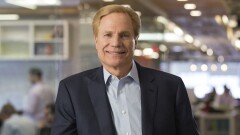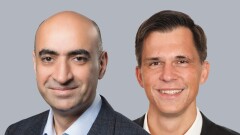Who will have the biggest impact on the banking sector in 2025? American Banker's editorial team compiled our annual look at the people who will matter this year in banking. Our list includes politicians, bankers, regulators, tech execs, lobbyists and lawyers who could change banking for the better — or for the worse. Below, find the list in alphabetical order, except for President-elect Donald Trump, who is slated to have an outsized effect on the industry.
25 people who will change banking in 2025































